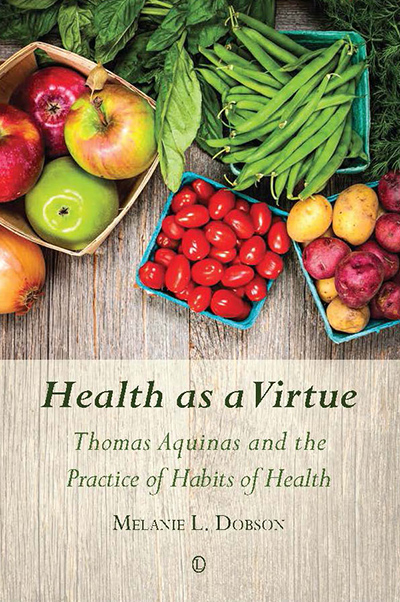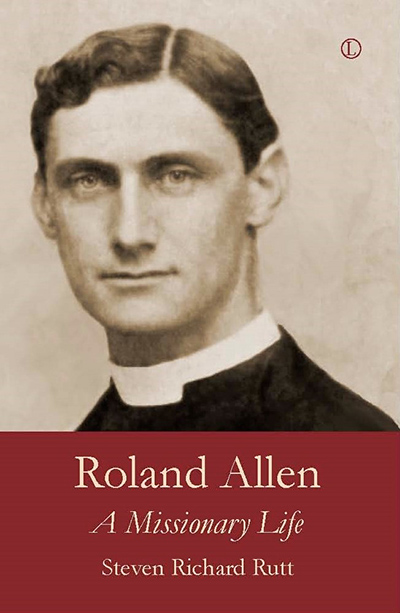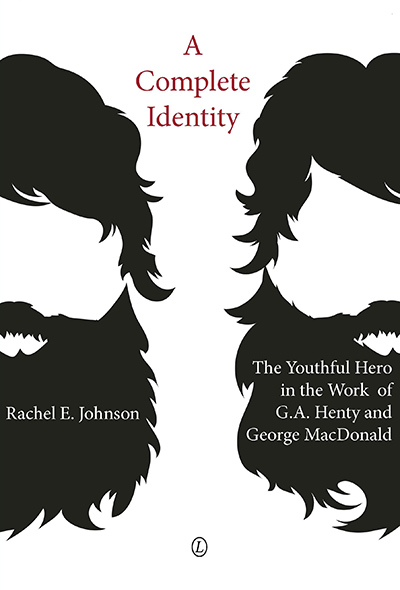Description
The act of caring for our bodies is inextricably interwoven with the care of other bodies around us. How do we look after our health as well as the creation that sustains us as a practice of faith? Melanie L. Dobson extracts from Thomas Aquinas an answer for how contemporary Christians might live well in the midst of a very sick culture. Through a close reading of Aquinas’s ‘Treatise on Habit’, Dobson reveals that the moral practice of habit does indeed include health. Thomas’s keen understanding of the human person and of human longings supports the book’s argument for a practice of health that directs us deep into the heart of God.
Field research with clergy and missionaries offers concrete examples of the implementation of habits of health as part of the life of Christian virtue. The stories from the Clergy Health Initiative and Word Made Flesh missionary organisation exhibit transformations that ushered Christian leaders into deeper love of God, their neighbours, and themselves. In the end, the theology of habits of health means that our quotidian care of our bodies is not only faithful, but directs us into a life of flourishing.
About the Author
Melanie L. Dobson is an ordained pastor in the United Methodist Church. She holds a PhD in Theology and Ethics from Duke University and is currently serving at Myers Park United Methodist Church in Charlotte, North Carolina.
Contents
Preface
Acknowledgments
Part One: Thomas Aquinas and Habits of Health
1. Introduction: A Story of Habits Learned
2. Habit and Health in Aristotelian Thought
3. Habit in Aquinas
4. Health as a Habit in Aquinas
5. Body, Soul, and the Healthy Life
6. Passionately Longing for Health
7. The Action of Habits of Health
8. What Is Health For? The Ends of Habits of Health
Part Two: Habits of Health in Christian Community
9. Clergy Health Initiative
10. Word Made Flesh
11. Conclusion: Habits of Health and the Church
Appendix: Interview Questions
Bibliography
Subject Index
Names Index
Endorsements and Reviews
Melanie L. Dobson’s book is not only a compelling scholarly presentation of Aquinas’s account of health as habit, but it is also a constructive presentation of the difference Christian convictions might have for how we understand health. This book will be of great interest to scholars of Aquinas and anyone who wants to think theologically about the challenges of health care.
Stanley Hauerwas, Gilbert T. Rowe Professor Emeritus of Theological Ethics, Duke Divinity School, North Carolina
It is a book that exudes a quality of kindness, to self and to others, and as such may be returned to again and again.
Lynn Bassett, in Health and Social Care Chaplaincy, Vol 5, No 1






